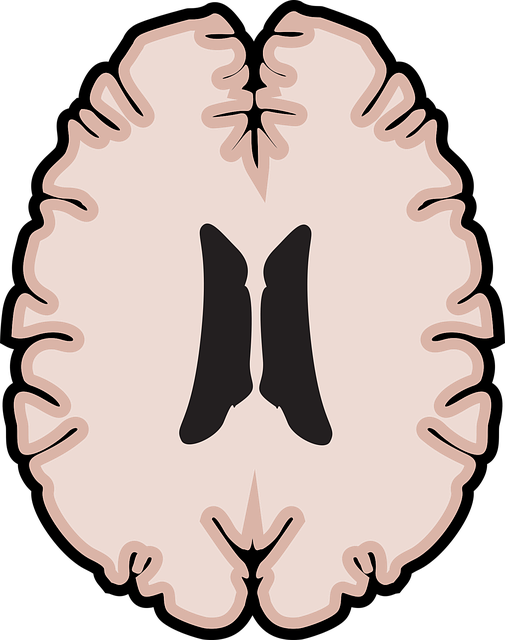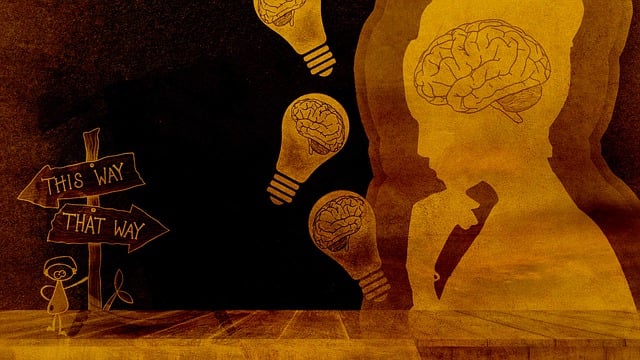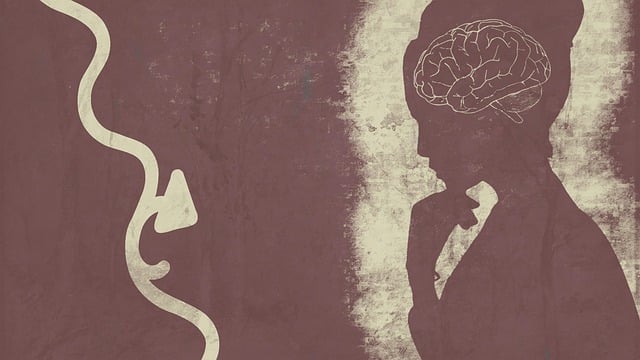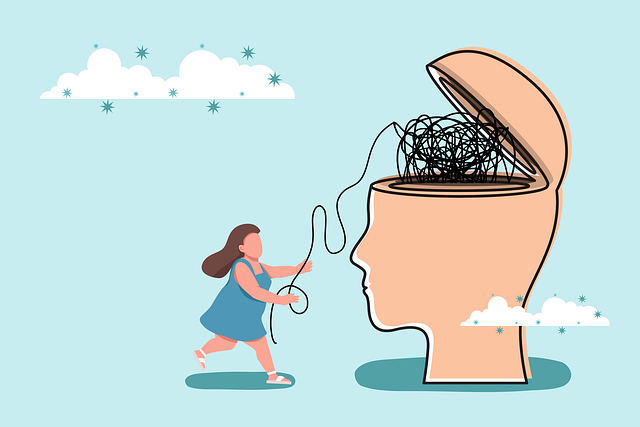The text addresses the significant impact of mental illness stigma, which hinders individuals from seeking necessary help. Negative attitudes and stereotypes lead to discrimination and isolation, exacerbating conditions like anxiety, depression, and psychosis. It advocates for Mental Illness Stigma Reduction through policy changes, education, and strategies like journaling exercises to challenge societal norms. Lakewood Psychosis Therapy offers a holistic approach to treating psychotic disorders, emphasizing early intervention and empowering individuals to manage symptoms with confidence. Through mental health education in schools and communities, supported by strong support systems and cultural sensitivity, Lakewood aims to destigmatize mental illness and encourage help-seeking behaviors. Policy advocacy ensures equal access to care and improved safety measures for all.
Mental illness stigma, a pervasive barrier to treatment, continues to burden individuals and communities. This article explores targeted efforts to reduce this debilitating stigma, focusing on innovative approaches like Lakewood Psychosis Therapy, education initiatives, supportive networks, and advocacy pushing for policy changes. By understanding the profound impact of stigma, we can cultivate a more inclusive society where individuals receive the care they need without fear of judgment or discrimination, ultimately promoting improved mental health outcomes.
- Understanding Stigma and Its Impact on Mental Health
- Lakewood Psychosis Therapy: A Unique Approach to Treatment
- Education as a Tool for Stigma Reduction
- Empowering Support Systems: Family, Friends, and Community
- Advocacy and Policy Changes for a More Inclusive Society
Understanding Stigma and Its Impact on Mental Health

Stigma surrounding mental illness is a significant barrier to individuals seeking help and recovering effectively. It often manifests as negative attitudes, beliefs, and stereotypes about those with psychological conditions, leading to discrimination, social isolation, and reduced access to quality care, such as Lakewood Psychosis Therapy services. This internalized or externalized stigma can severely impact an individual’s mental health, exacerbating symptoms of anxiety, depression, and psychotic disorders.
Mental Illness Stigma Reduction Efforts play a crucial role in combating these negative perceptions. Through Mental Health Policy Analysis and Advocacy, organizations and communities can push for policies that promote understanding and de-stigmatize mental illness. Encouraging open conversations and sharing personal stories through Mental Wellness Journaling Exercise Guidance can also help foster empathy and challenge stereotypes. By implementing such strategies, we move towards creating a more inclusive society where individuals feel empowered to seek support without fear of judgment.
Lakewood Psychosis Therapy: A Unique Approach to Treatment

Lakewood Psychosis Therapy represents a novel and innovative approach to treating mental health conditions, particularly focusing on psychosis. This method goes beyond traditional talk therapy by integrating various therapeutic techniques tailored to address the unique challenges faced by individuals experiencing psychotic disorders. The program emphasizes the importance of early intervention, aiming to provide comprehensive support before symptoms escalate.
Through Lakewood Psychosis Therapy, patients engage in a structured routine that incorporates mindfulness meditation and coping skills development. These strategies empower individuals to manage their symptoms effectively while fostering self-awareness and emotional regulation. By combining evidence-based practices with a holistic view of mental wellness, this approach aims to reduce the stigma associated with psychosis and promote long-term recovery, enabling individuals to reclaim their lives and navigate their journeys with increased confidence and resilience.
Education as a Tool for Stigma Reduction

Education plays a pivotal role in reducing the stigma surrounding mental illness. By integrating comprehensive mental health education into schools and community settings, we can foster an environment that promotes understanding, empathy, and support for individuals facing various psychological challenges. Lakewood Psychosis Therapy emphasizes this approach, recognizing that early intervention and awareness are key to breaking down societal barriers.
Through educational programs, people gain insights into different conditions, such as depression, anxiety disorders, and even psychotic disorders like those that Lakewood Psychosis Therapy addresses. Equipping individuals with knowledge about symptoms, treatment options, and recovery journeys can dispel myths and misconceptions. Additionally, focusing on emotional intelligence and inner strength development enables a deeper understanding of mental health struggles, encouraging compassionate interactions and supportive networks. This, in turn, contributes to a more inclusive society where those facing mental illness are empowered to seek help without fear of judgment or discrimination.
Empowering Support Systems: Family, Friends, and Community

Support systems play a pivotal role in mental illness stigma reduction. Family and friends can significantly impact an individual’s journey to better emotional well-being by fostering open dialogues, providing non-judgmental spaces for sharing experiences, and offering practical assistance during tough times. In communities like Lakewood, psychosis therapy centers often emphasize the importance of these support networks, encouraging loved ones to participate in treatment plans and engage in self-care routine development for better mental health. This collaborative approach not only enhances the effectiveness of care but also helps destigmatize mental illness by normalizing conversations around emotional well-being.
Cultural sensitivity in mental healthcare practice is another crucial aspect. Understanding and respecting diverse cultural backgrounds ensures that everyone receives tailored support. For instance, Lakewood’s therapy centers may adapt their services to accommodate specific cultural practices or beliefs, thereby promoting inclusive care. By integrating emotional well-being promotion techniques that resonate with various communities, these efforts contribute to breaking down barriers and fostering a more supportive environment for those facing mental health challenges, including psychosis.
Advocacy and Policy Changes for a More Inclusive Society

Stigma reduction efforts advocate for policy changes to foster a more inclusive society. This involves advocating for legislation that protects individuals with mental health conditions from discrimination and promotes equal access to care. Mental health professionals play a crucial role in this, using their expertise to influence policy decisions. By implementing effective risk assessment strategies, they can ensure the safety of both patients and themselves while providing quality care.
These advocacy efforts aim to enhance understanding and empathy towards mental illness. They promote the development of coping skills for individuals dealing with conditions like psychosis, fostering self-management and resilience. Furthermore, improving communication strategies between healthcare providers and patients is essential. This involves teaching professionals how to offer empathetic support and educate others about mental health, thereby reducing misperceptions and promoting early intervention and treatment.
Mental illness stigma reduction is a multifaceted approach that requires understanding, education, support, and advocacy. By employing unique treatment methods like Lakewood Psychosis Therapy, combining them with comprehensive education initiatives, fostering strong support systems, and pushing for policy changes, we can create a more inclusive society where mental health is treated with the same empathy and care as physical health. Together, these efforts can significantly reduce stigma, improve access to care, and enhance the overall well-being of individuals living with mental illness.














